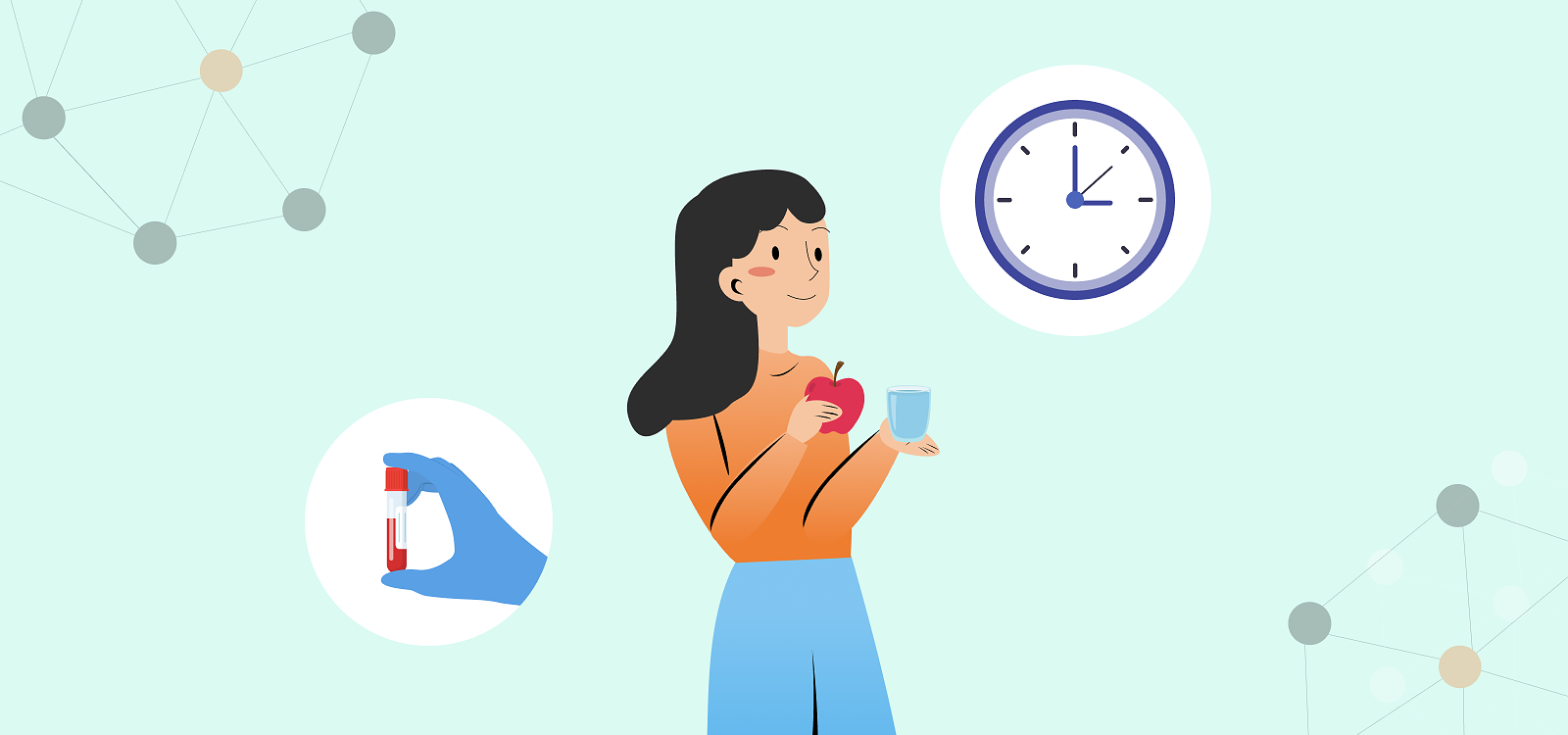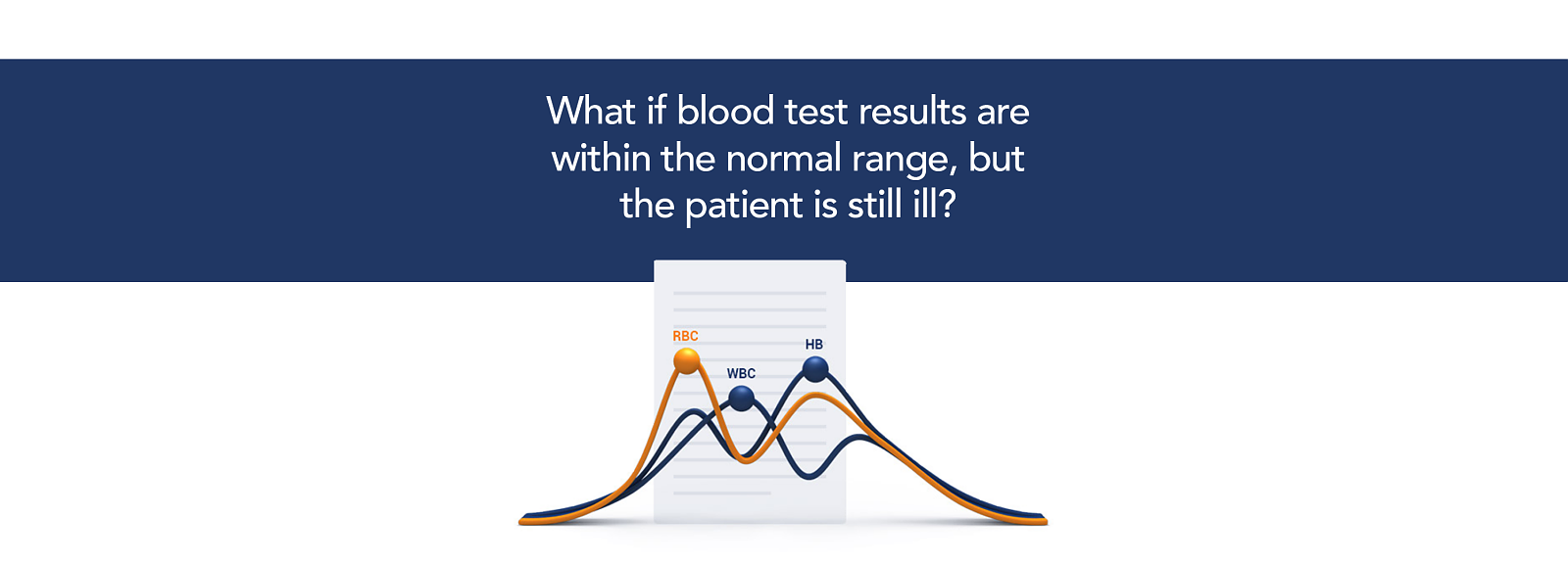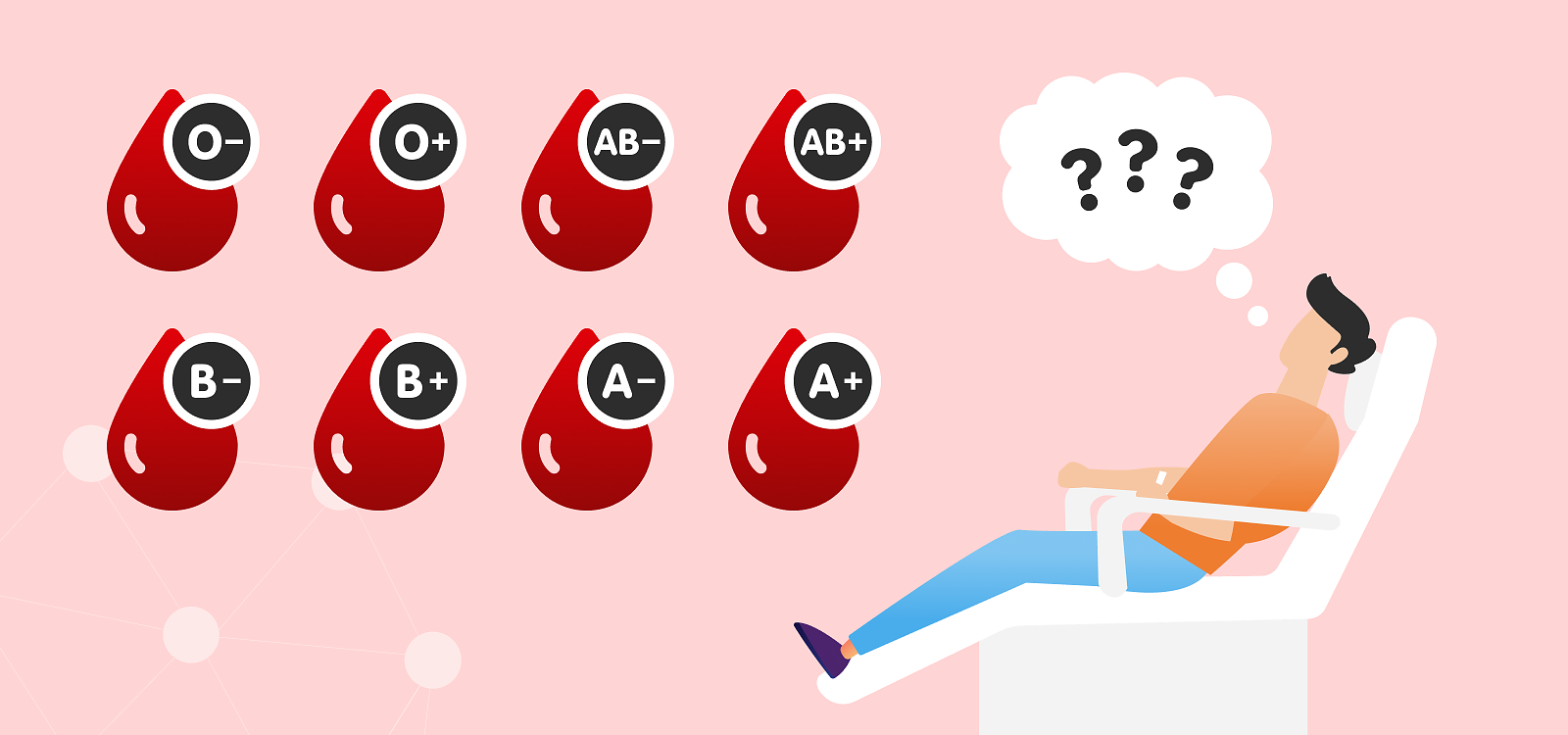Fasting Before a Blood Test: What You Need to Know
Fasting before a blood test is a common procedure that is recommended by healthcare providers to ensure accurate results. The reason for fasting before a blood test is that the levels of certain substances in your blood, such as glucose and triglycerides, can be affected by the food you have consumed. In this article, we will discuss what fasting before a blood test entails and why it is important.
What does it mean to fast before a blood test?
Fasting before a blood test means not consuming any food or drink, except for water, for a certain period of time before the test. The recommended fasting time can vary depending on the type of blood test being conducted, but it typically ranges from 8 to 12 hours.
Why is fasting before a blood test important?
Fasting before a blood test is important because it allows healthcare providers to get an accurate measurement of the levels of certain substances in your blood. For example, when you eat, the levels of glucose and triglycerides in your blood can increase. This increase can skew the results of a blood test and make it difficult for healthcare providers to diagnose or monitor a medical condition.
Fasting also helps to standardize the results of the blood test, as everyone is asked to fast for the same amount of time. This allows for a comparison of results between different people, making it easier to diagnose and monitor medical conditions.
What can you drink while fasting?
While fasting before a blood test, you should only consume water. Avoid drinking any other fluids, such as juice, coffee, tea, or sports drinks, as these can affect the levels of certain substances in your blood and skew the results of the test.
What should you do before the blood test?
Before the blood test, it is important to inform your healthcare provider about any medications you are taking, as some medications can affect the results of the test. Additionally, if you have any medical conditions, such as diabetes, it is important to inform your healthcare provider so they can take the necessary precautions.
It is also a good idea to have a light meal before the start of the fasting, as going without food for too long can make you feel lightheaded or dizzy during the test. Additionally, it is recommended that you drink plenty of water the day before the test to stay hydrated.
Conclusion
Fasting before a blood test is an important procedure that helps healthcare providers get accurate results. By not consuming food or drink, except for water, for a certain period of time before the test, you can ensure that the levels of certain substances in your blood are not affected by what you have eaten. If you have any questions or concerns about fasting before a blood test, it is always a good idea to consult with your healthcare provider.






